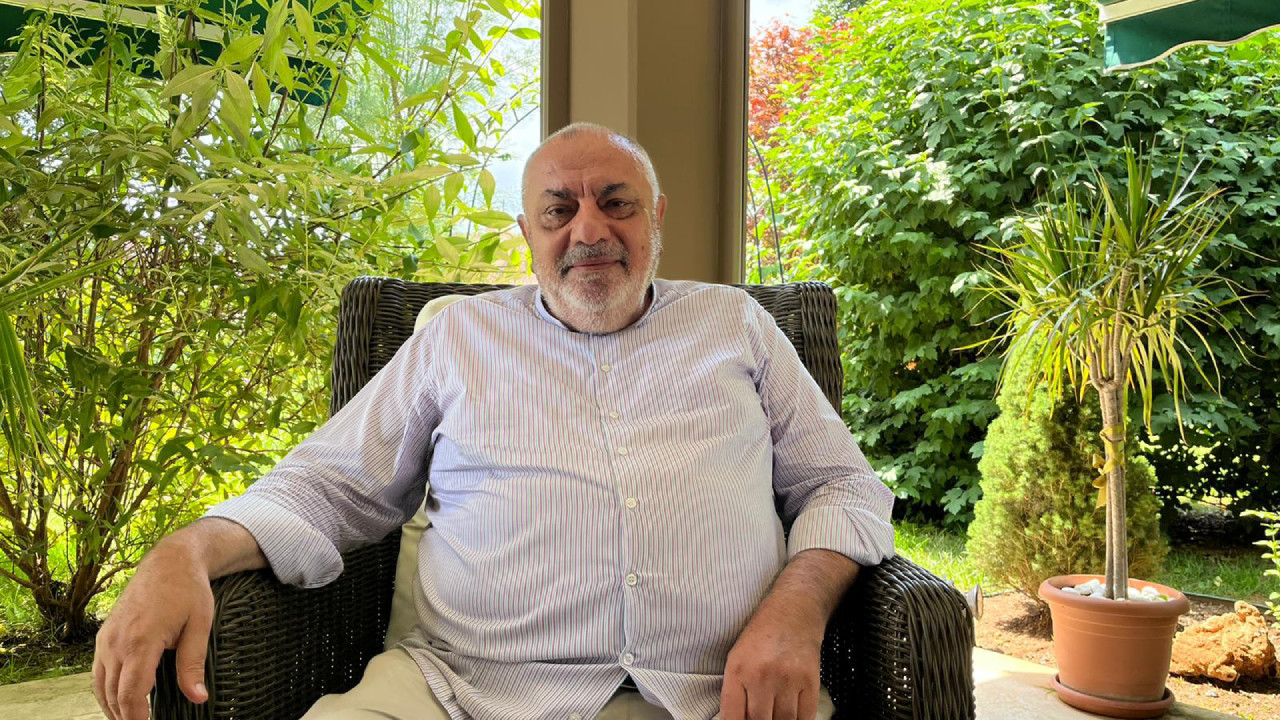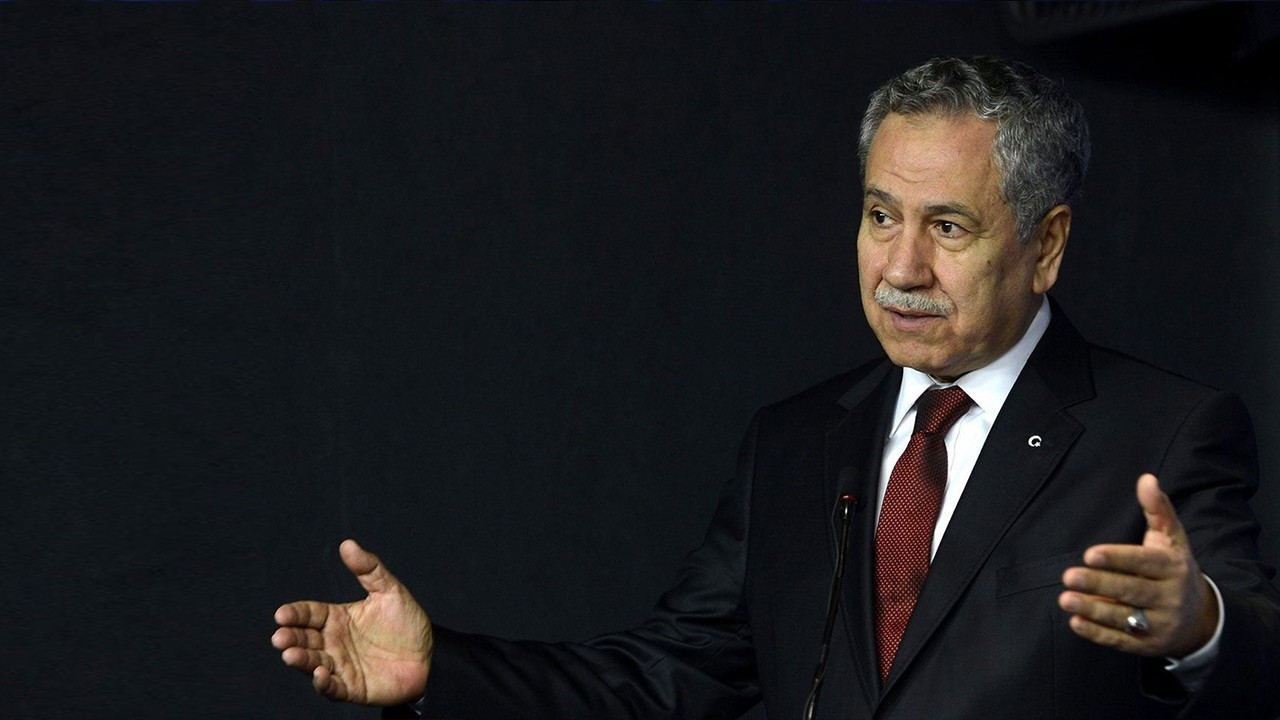Can Tuğrul Türkeş explain 'the normal' to government?
After 23 years of exhaustion and now a defeat at the ballot box, there are two deadlocks of the “optimistic” claims that the government can be renewed and get back on its feet: The ongoing partnership with the MHP and a ruling “circle,” whose sharpest spokesperson is Presidential Chief Adviser Mehmet Uçum.
“I asked our Minister Yılmaz Tunç for permission to meet (Osman Kavala) at an appropriate time. I will visit him sometime. I will see Osman Kavala for the first time during that visit. This is true nationalism and patriotism. This is the nationalism I was taught. It is necessary to find resources for Turkey in the best conditions. Also, I am the child of a father who spent seven years of his life, one tenth of his life in prison.”
The ruling Justice and Development Party (AKP) deputy and head of the Turkish Delegation to the Parliamentary Assembly of the Council of Europe (CoE) Tuğrul Türkeş made these remarks to our friend Can Bursalı in an interview. His remarks tell a lot about Osman Kavala’s case, which has become the first item of “normalization.”
Just the Kavala case?
***
In the last three months, there have been many scenarios about what the government will do next after its local election defeat. Various claims have been put forward on what steps will be taken or could be taken, ranging from changes within the party to the lawsuits being discussed in the public and abroad.
However, after 23 years of exhaustion and now a defeat at the ballot box, there are two deadlocks of the “optimistic” claims that the government can be renewed and get back on its feet:
The ongoing partnership with the Nationalist Movement Party (MHP) and a ruling “circle,” whose sharpest spokesperson is Presidential Chief Adviser Mehmet Uçum.
Two deadlocks in which the premise that the imprisonment of Osman Kavala and Selahattin Demirtaş puts Turkey in a difficult situation, that foreign investors do not trust a country where the law does not function properly and therefore do not invest, that the economy does not improve, and that the opposition strengthens in this situation, ending the Justice and Development Party's status as the first party, does not work...
The “almost over” situation of the “normalization” process, the lack of a “change” in the party/government/state to the extent mentioned, and the fact that the bill of what was done in the economy before the general elections is still insistently tried to be paid by the working people and pensioners today… Don’t they show that the proposition does not work for the “decision-makers”?
In the Kurdish issue, with appointing a trustee mayor against the elected co-mayors in Hakkari, the lack of a concrete road map for the new period with Syria other than “the dream of returning to the good old days,” and the new statements that cross-border military operations will continue… Can it not be said that the “same old, same old”' situation continues as if no elections were lost?
In this situation, what is Tuğrul Türkeş aiming to do as a government deputy and “the son of Alparslan Türkeş”?
***
Can one expect complete “harmony” within the ruling party, whose votes have been lagging behind its leader (Erdoğan) for a long time, which failed to become the first party for the first time on March 31st local elections and which will remain in power for another four years if there are no early elections? Even if, as Türkeş wrote on social media, “the AKP is full of politicians who want the law to be implemented”... And it's not as if the AKP is full of them.
Then what will happen?
We will probably be watching Tuğrul Türkeş, Mehmet Uçum, and other names, mentioned or unmentioned, raise their voices when they “deem it necessary” for a while. The opposite is against the nature of things.
No matter how much they try to undermine the local election results, the dice have been rolled once. Moreover, although “normalization” creates a perception that the near future in politics will be shaped only by the mutual steps to be taken between President Erdoğan and CHP leader Özgür Özel, we will often see towards this autumn that the impact of the mutual steps taken within the government will be no less. This will be a struggle between those who insist on the “status quo” and those who want “change in the amount that will solve the problem.” But if that fails, in case of a change of government, it will be a struggle for those who want new lines to be added to the crowded bill of the past.


 AKP MP, Turkey’s CoE representative Türkeş says he’ll visit Kavala in prisonPolitics
AKP MP, Turkey’s CoE representative Türkeş says he’ll visit Kavala in prisonPolitics Presidency and AKP leadership should be separated, former AKP official Arınç says in an interview with DuvarPolitics
Presidency and AKP leadership should be separated, former AKP official Arınç says in an interview with DuvarPolitics